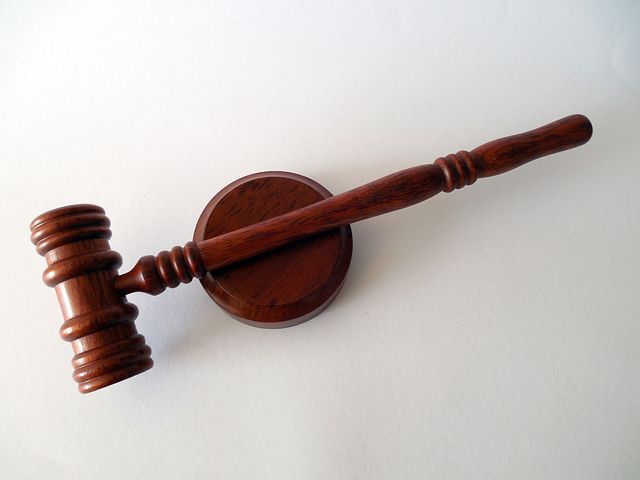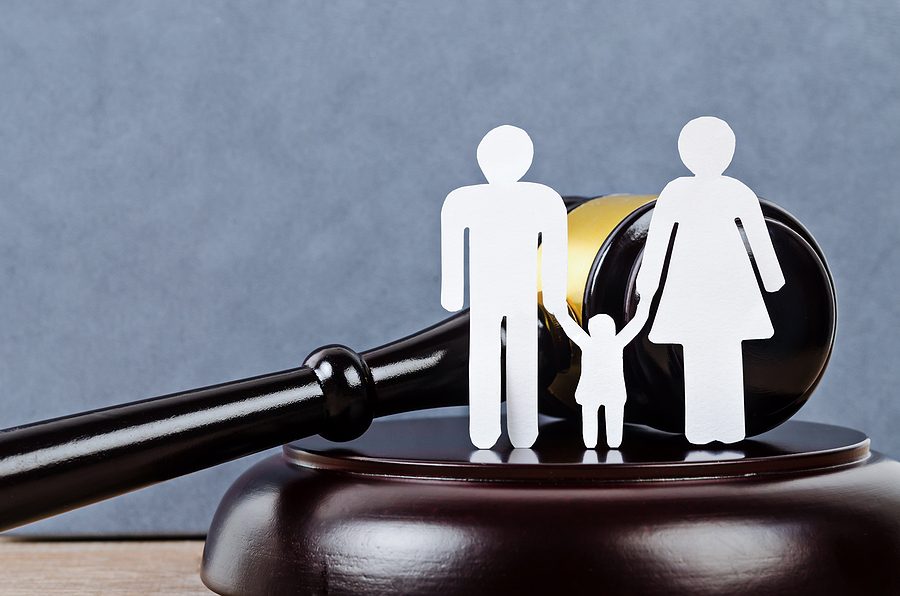An executor of a will in NSW is responsible for ensuring that the wishes and directions of a deceased person are properly carried out after their death. The role of an executor of a will in NSW involves them ensuring that any debts are paid off after the deceased death and ensuring that property and assets are correctly distributed according to the wishes of the deceased. They are also responsible for ensuring that any funeral arrangements are correctly carried out.
The main duties of an executor of a will in NSW also involve them notifying any beneficiaries named by the deceased and taking steps to ensure that all business interests are cared for and that income and investments are properly cared for. They must also set about collecting valuables and assets and insuring all property.
The executor of a will in NSW is also responsible for valuing the deceased estate which means creating a list of all the assets in the estate which can include cash, business interests, personal items, securities, real estate, and property and must also take into consideration debts owed.
They must also complete income tax returns from the deceased and get the authority they need to administer the estate which involves applying for probate. If it was the wish of the deceased the executor of a will in NSW is also tasked with establishing trusts and preparing statements for the beneficiaries involved.
Below are a few other important things you should know.
Is there a time limit for an executor of a will in NSW to complete their duties?
Generally, a year is seen as a standard amount of time for administration of the wishes of the deceased although it can be longer for particularly complicated estates.
What if someone doesn’t want to do it?
If you were named as an executor of a will in NSW but don’t want to accept the responsibilities then you can apply to the court to appoint someone else as an administrator but it’s worth noting that this is binding and cannot be changed later.
Will you be paid?
It is possible to be paid if it is stated in the will but if it isn’t then the role is unpaid. It is however possible to make money from the estate for necessary expenses and to seek professional advice from people like valuers and lawyers.
What’s the first thing to do after someone passes away?
After a person dies it’s important to first find the will and locate any other important papers. Sometimes this can be found in the deceased home or sometimes it is with the lawyer or a trustee. It is then important that they familiarise themselves with the contents of the documents and start to make lists of the estate. It’s very important that assets and personal effects as well as accounts and financial interests are quickly identified and taken care of because it is possible for people to get into legal trouble if the estate is mismanaged.
What happens next?
The next order of business is to work with a funeral director to make any necessary arrangements, sometimes these will have been repaid or prearranged. Once the funeral has been managed, the discussion should be started with any possible beneficiaries, items, and personal effects that should be collected and kept safe to ensure that no theft takes place.
Getting a grant of probate is an important step and involves making an application to the court, it can be disputed if the validity of the will is in question, this can make the process much longer whilst the court tries to rule on whether probate should be granted.



